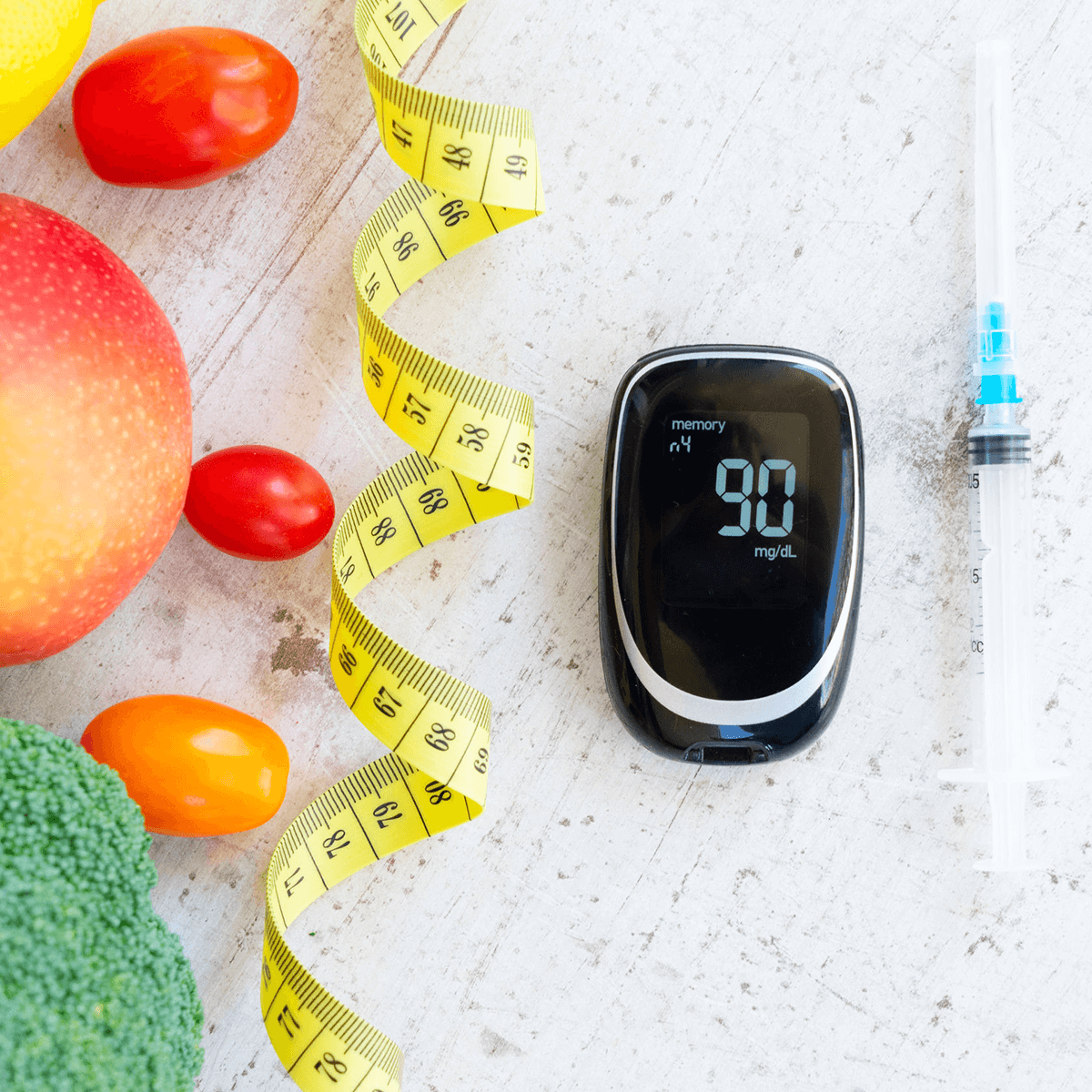Bariatric Surgery and Diabetes
Lifestyle
August 15th, 2021

Studies have shown being overweight is a major risk factor in developing type 2 diabetes. Roughly 30 percent of overweight people have diabetes, and 85 percent of diabetics are overweight. (1) Looking at these numbers, your first question might be: how do we lower our risk of diabetes? Well, the first strategy is weight loss. This is where bariatric surgery can come into play in the treatment, and even resolution, of type 2 diabetes.
How can bariatric surgery resolve, manage, or treat type 2 diabetes? The quick answer would be weight loss. After bariatric surgery, patients lose more weight, faster than with traditional methods. Typically, patients lose about 25% of their weight after bariatric surgery. This weight loss helps us obtain better glucose control and decreases insulin resistance. In addition, when we look at patients with type 2 diabetes, 87% achieve at least better glucose control and need fewer antidiabetic medications, and an average of 78% achieve normal glycemic control without taking any antidiabetic medications. (2)
That being said, not all bariatric procedures have the same effect on weight and diabetes. We will look at two different classifications of procedures to assess their effect on diabetes. Gastric sleeve surgery is the most common bariatric procedure performed currently. This surgery works to limit gastric volume, thereby limiting the intake of calories by increasing the speed of satiety. With this surgery, patients lose about 10-20% of their weight. (2) This weight loss is what helps improve insulin sensitivity several months after surgery is performed. Gastric sleeve surgery would be best for a patient with a newer diagnosis of diabetes (<5 years) and whose diabetes is relatively in good control.
Similar to gastric sleeve surgery, Roux-en-Y gastric bypass works to restrict caloric intake and induce weight loss. But because the small intestine is shortened, patients have an added component of malabsorption of fat and nutrients. This helps more patients experience remission of type 2 diabetes (82%–99%) than after gastric sleeve surgery—even patients with longer duration of disease, including those treated with insulin. (2) This makes gastric bypass the preferred surgery for diabetics who are on insulin looking to achieve remission or, at the very least, better control of their diabetes.
In summary, any bariatric surgery can have a positive effect on managing and improving your diabetes. If you are on insulin, or are a long-term diabetic, and want a higher chance of going into remission, you should choose gastric bypass surgery, as this will give you the best results!
- Powell, Alvin. “Obesity? Diabetes? We've Been Set Up.” Harvard Gazette, Harvard Gazette, 6 Mar. 2019, https://news.harvard.edu/gazette/story/2012/03/the-big-setup
- Kashyap, Sangeeta R, et al. “Bariatric Surgery for Type 2 Diabetes: Weighing the Impact for Obese Patients.” Cleveland Clinic Journal of Medicine, U.S. National Library of Medicine, July 2010, https://www.ncbi.nlm.nih.gov/pmc/articles/PMC3102524/
Celebrate® ReBuild Probiotic Protein Powder

$29.99
ReBuild Protein Plus Probiotic Powder promotes a well-balanced gut microbiome and muscle protein maintenance. Each shake offers 20 g of whey protein isolate, 1 Billion CFU probiotics, prebiotics, and 4-6 g of fiber. With a low sugar content of 0-1… read more



